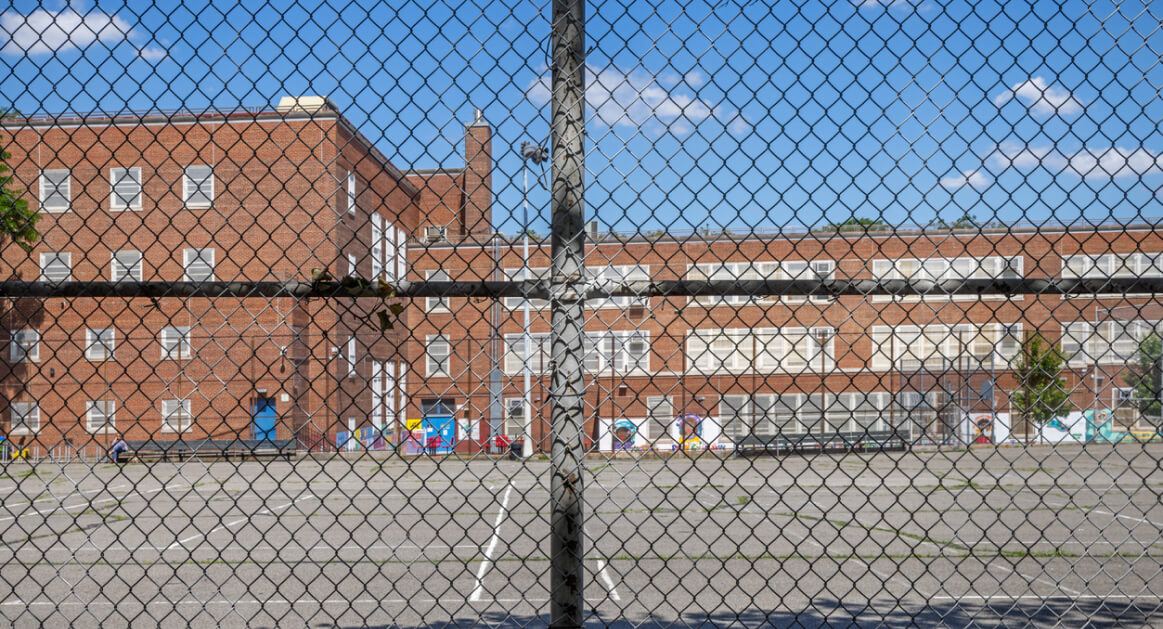My 3 year old son was recently diagnosed with lead poisoning. The Department of Health of the City of New York came and issued many lead paint violations and stamped the areas found to be hazardous with a red stamp which said LEAD PAINT. The hazardous leaded areas are located in our bathroom and kitchen. The landlord wants to start construction to correct the lead violations. I am afraid that my son will be re-poisoned by the lead abatement contractor while they disturb the lead paint in the process of removing or covering the leaded paint.
What are my legal rights?
The facts of your case raises many legal issues. The following questions and answers will provide an insight into your legal rights both within the City of New York and throughout the State of New York.
Question #1: Within the City of New York, does a landlord have the legal obligation to temporarily relocate a tenant while the landlord conducts a lead abatement in a lead contaminated apartment?
Answer: The landlord must request that an occupant of any apartment in which an abatement will be performed to temporarily relocate to another unit where it appears that the abatement work cannot be performed safely while the occupants are within the apartment.
The owner must offer and provide temporary relocation to a safe, suitable, decent and similarly accessible dwelling unit which has been determined not to have any lead paint hazards.
This requirement to provide temporary relocation is only in situations where the abatement cannot be performed safely while the occupants are in residence.
It is hard to conceive of a situation where a lead abatement of a kitchen and bathroom can be safely performed with occupants present, particularly in a case where DOH has issued lead paint violations. This of course is fact sensitive.
While an abatement is ongoing, careful and serious consideration as to the grave risk of re-poisoning of a child is mandated.
A mistake in failing to provide relocation can result in catastrophic medical, as well as serious legal, ramifications.
Question #2: I live in the State of New York and my landlord failed to provide my family with relocation while he had a lead abatement performed in our apartment.
They have completed the work. I am concerned for the welfare of my child. What should I do?
Answer: While there may have been legal avenues to utilize while or before the lead abatement was performed, once completed, it would be prudent bring your child to the pediatrician and re-tested for lead paint content in his or her blood. The re-exposure to leaded dust would likely be reflected in a timely blood test.
Question #3 : Within the City of New York, are there any legal steps which may be taken in order to compel a landlord to relocate a family while a lead abatement is being performed?
Answer: Yes. A court can be requested to order the landlord to relocate occupants in situations where the abatement cannot be safely performed while occupants are present pursuant to the mandate of Administrative Code Section 27-2056.11 (a)(2)(i) and (ii) and the provisions of The New York City Code of Rules and Regulations (28 RCNY § 11-06(g)(1)(ix)(E) as well Section 173.14(d)(4) of the New York City Health Code.
Question #4 : Within the State of New York, can a lead abatement company be liable for the poisoning of my child under the circumstances where they perform an abatement while tenants are present?
Answer: An abatement company may be exposed to potential legal liability for the poisoning on a child or in fact, the poisoning of any occupant, if they conduct the abatement while an occupant is present and release into the environment lead contaminated paint or leaded paint dust, causing and creating a further hazard, even though of a temporary nature (see Vega v. S.S.A. Properties, Inc., 13 AD3d 298 [1st Dept 2004]; Espinal v. Mellville Snow Contractors, 98 NY2d 136 [2002]). This rule would apply anywhere in the State of New York. We handled the Vega v. S.S.A. Properties case and our client prevailed in claims for injuries caused by the release of lead dust into the apartment caused by an abatement company while they were conducting a repair due to lead paint violations.
The family was not relocated during the abatement. The result was the tragic re-exposure of the child to newly dispersed lead dust.
Question #5: Within the State of New York, if the lead abatement company released leaded dust in the apartment and a child who was not present during the lead abatement was then poisoned or re-poisoned, can the lead abatement company be held liable?
Answer: Yes. If they released an instrumentality of harm such a leaded dust and it caused and created an additional hazard, a lead abatement company may be exposed to legal liability for their acts and omissions whether or not the occupant was present at the time.
We welcome your legal questions for topically relevant articles in the future. Feel free to compose a question – it may be addressed in future articles. Email Question
Free Case Evaluation
Fill Out The Form Below To Find Out If You Have A Case.
Thank you for contacting us. One of our colleagues will get back to you shortly.



